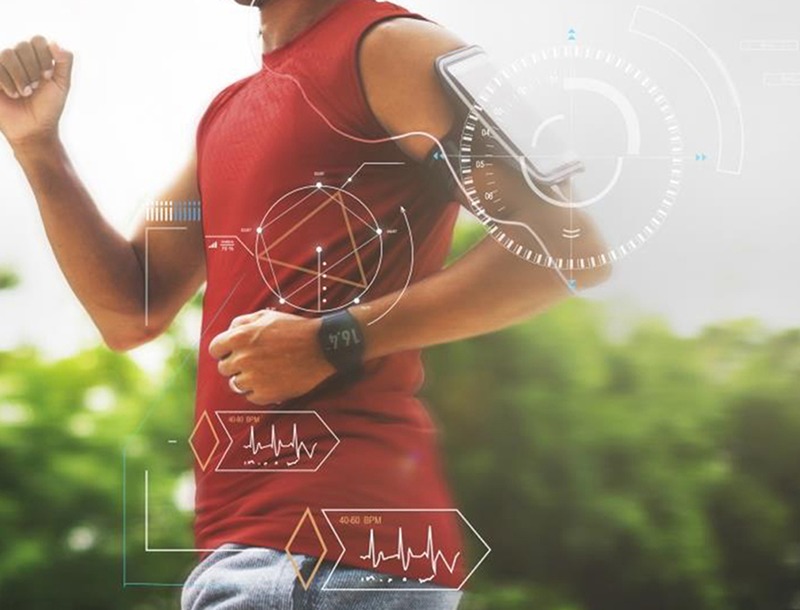Innovosens AB, the innovative developer of a next generation wearable monitoring device for diabetics, is working on preliminary investigations which indicate that its proprietary technology could be applied in the fight against the COVID-19 virus and other viral infections.
Read more Germany’s Public Health Authority Launches Smartwatch App to Monitor Covid-19 Spread
The company’s newly developed wearable device, called SMASH (Sweat Metabolite Analysis for Sports & Health), measures the body’s blood sugar and lactate levels from the skin without piercing the skin. The company is now building partnerships and seeking additional financing to accelerate the production of the first batch of sensors, to offer its products to healthcare professionals for early infection detection, reports Innovosens.
Certain studies have previously detected elevated levels of lactate in the body in patients suffering from lung infections, one of the most serious consequences of coronavirus infections. The sensor developed by Innovosens can be used to monitor lactate levels continuously, so that deviations in the values could provide an indication of infection at an early stage. When combined with other vital parameters, such as temperature, blood oxygen levels and heartrate / ECG metrics, the ability to indicate possible infections using a sensor linked to wearable device and app becomes a real possibility. With additional funding, Innovosens would seek to explore further the correlation between real time vital data and infection markers, and work with wearable device manufacturers to expand the range of wellness parameters into one device, linked to an app for ease of monitoring.
Innovosens is collaborating with Dr. Bruce D. Johnson, Professor of Medicine and Physiology, who leads his own research laboratory at the prestigious Mayo Clinic in the USA. According to Dr. Johnson, extensive research data suggests that elevated lactate levels in patients reflect more severe inflammatory conditions and hypoxic conditions.

“Lactate levels are usually assessed in the arterial or venous blood and can change rapidly. Having a potential sensor that assesses lactate in the sweat – in a predictable relationship with blood values – and that measures values in real time may not only help determine when infected patients are deteriorating, but also help guide treatment approaches and prognosis. We are looking forward to building our collaboration with Innovosens, the designers of the wearable sensor that measures lactate levels in high fidelity, in order to study this important technology in the intensive care setting,” Dr. Johnson says.
Aiming for free test use for healthcare professionals
Innovosens is offering a prototype product to hospital, elderly care and home nursing staff for testing so that viral infections could be detected among them in a timely manner and thereby prevent the disease from spreading to the most vulnerable people.
Read more Advanced Remote Monitoring Partners with Wearable Maker KaHa for Continuous COVID-19 Monitoring
“We believe strongly that continuous monitoring of lactate levels could help detect infections at an early stage. However, practical evidence is still limited, and that is why we are now seeking a development and funding partner for this important trial. Additional funding would enable us to accelerate the production of around 500 devices for use by healthcare staff. The trial would also provide valuable information on the functionality of the device for this type of purpose,” says Sirisha Adimatyam, CEO & Founder of Innovosens.












